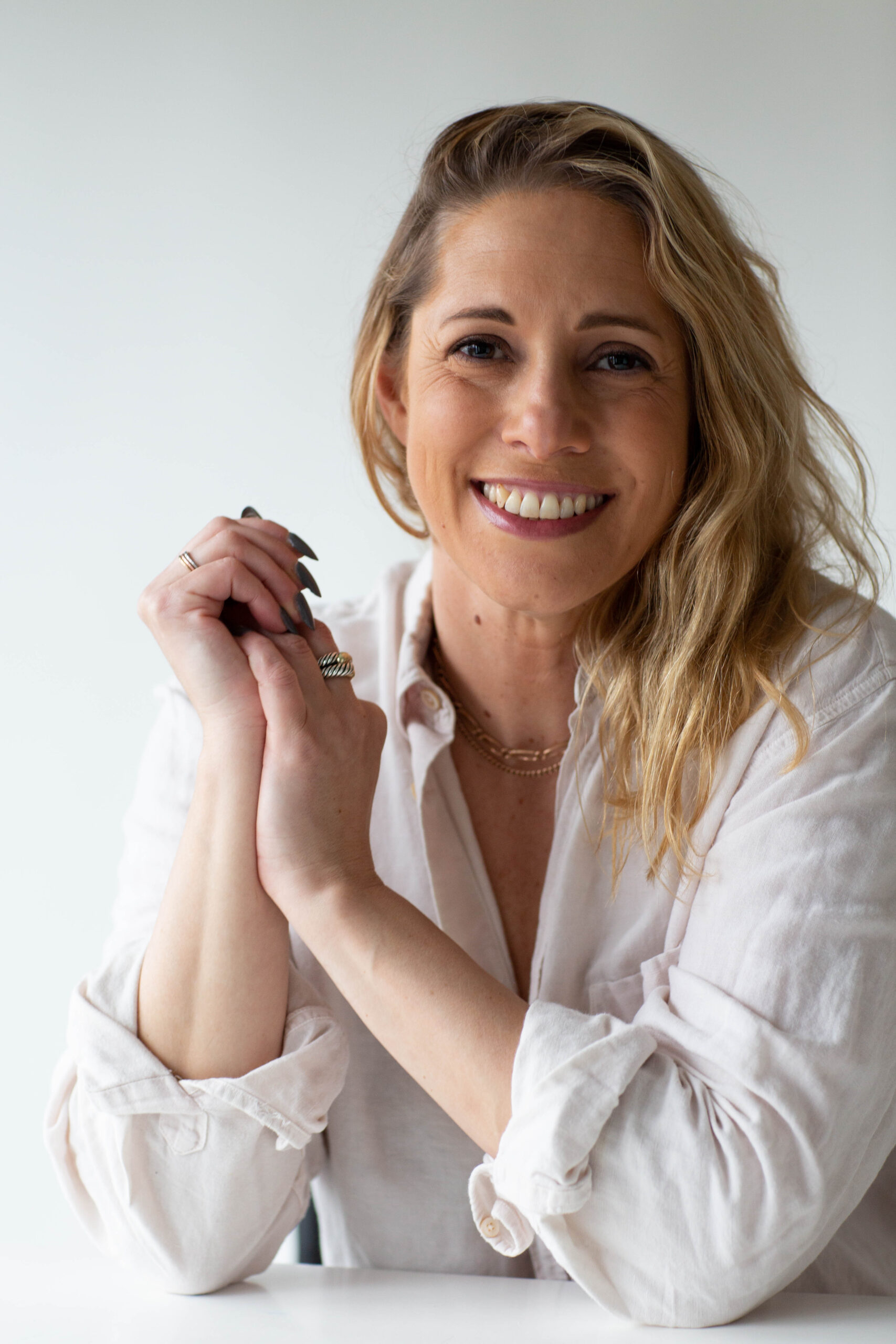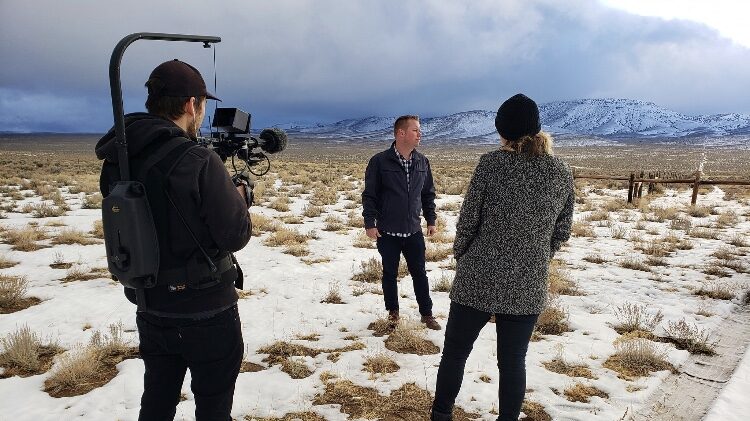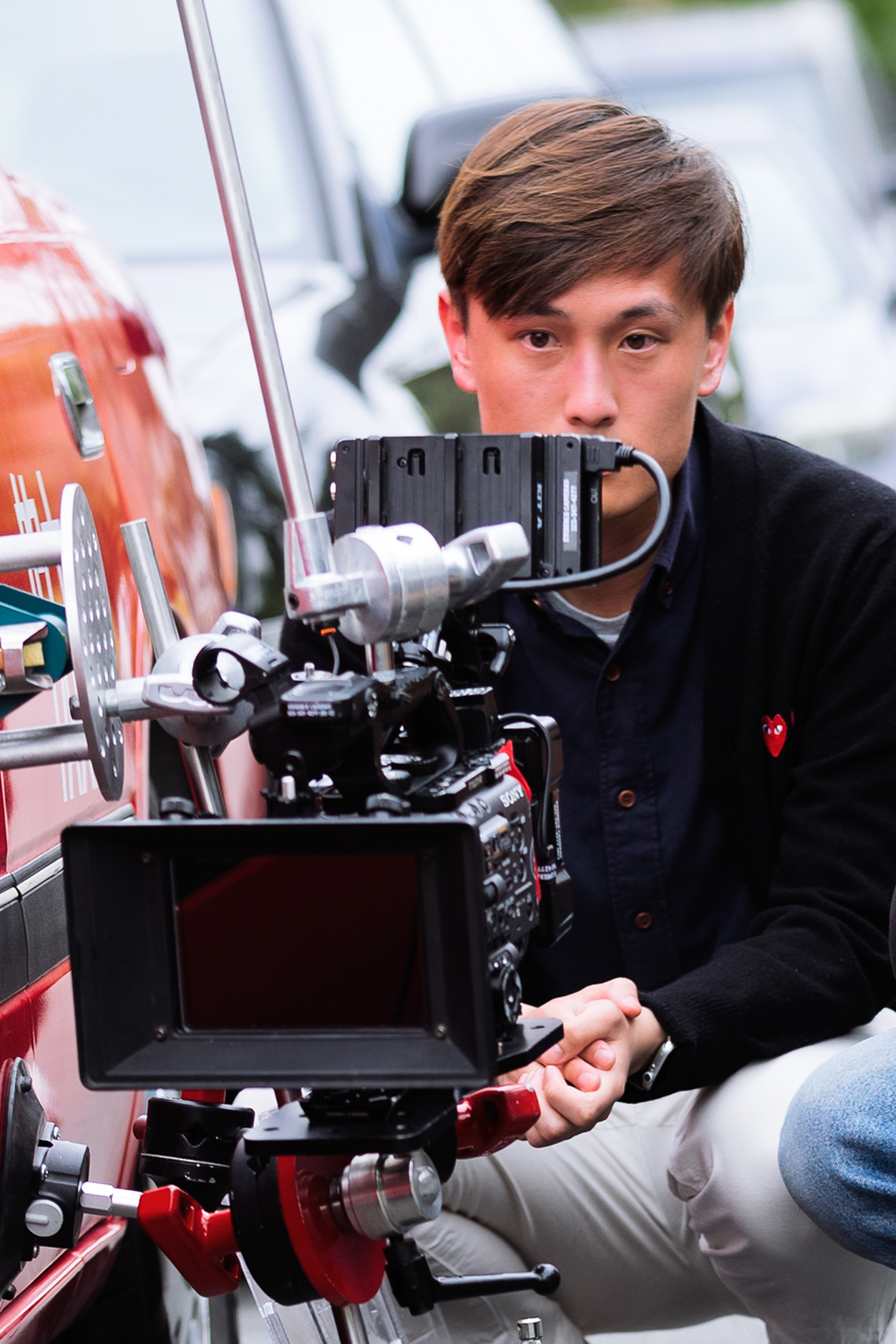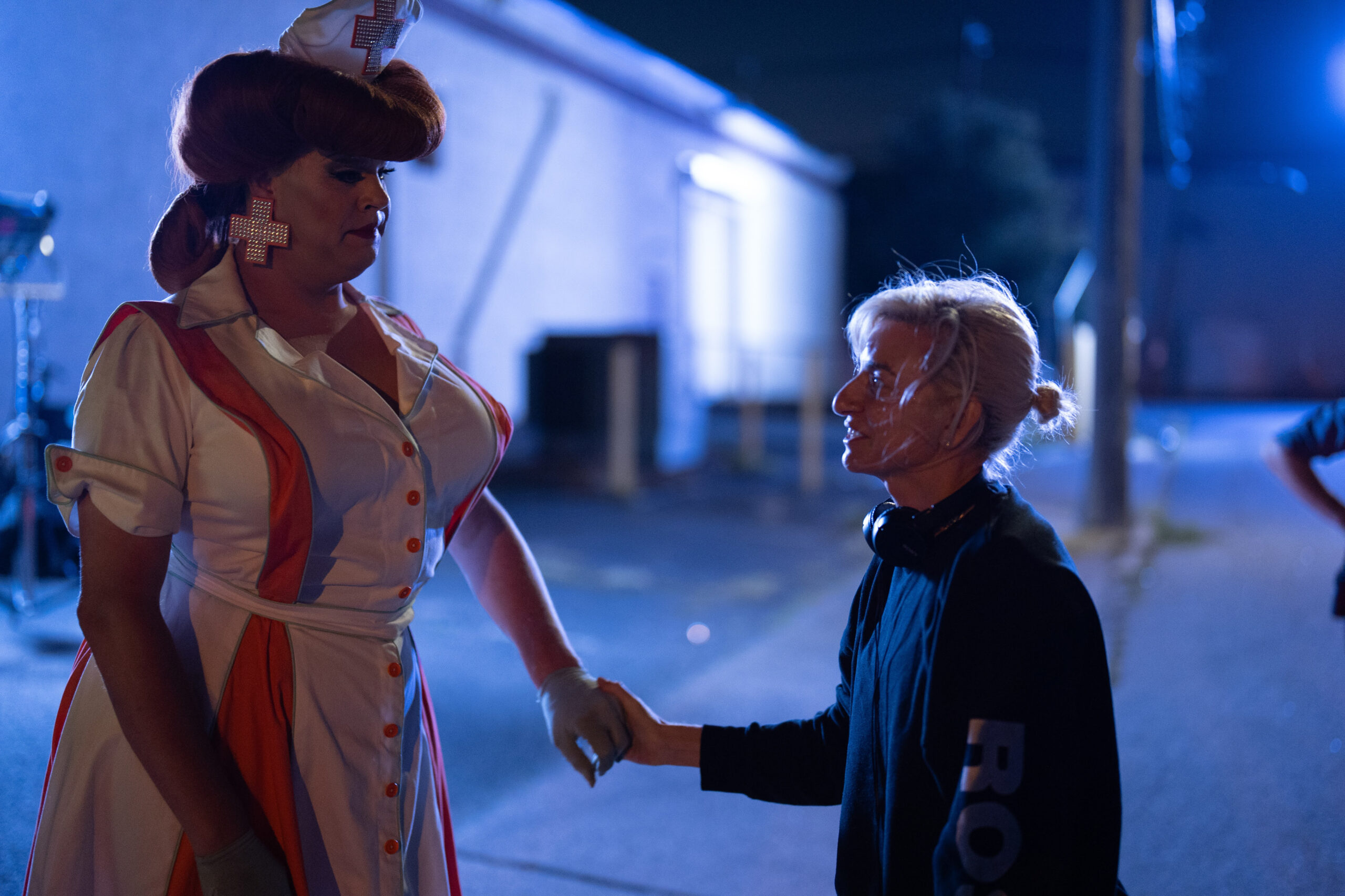Filmmaker Spotlight: Mikaela Shwer (The Kids Are Not Alright)
September 10, 2025

Every year, the Charlotte Film Festival brings bold voices to the screen—but some voices echo off-screen too. In this spotlight, we’re getting to know Mikaela Shwer, whose work caught our eye and stuck with us.
What led you to creating The Kids Are Not Alright?
I was led to make The Kids Are Not Alright because while in high school in Phoenix, Arizona in the 1990s many kids I knew were shipped off to Troubled Teen Programs – one never came home and those who did often continued to struggle. Many were written off as “bad kids” because they went to these programs. Fifteen years later I was researching a different project that brought me back into the world of the Troubled Teen Industry. As I became more educated about the horrific abuses and tragic deaths in these programs, I also learned about the long-term impacts these programs have on the kids and families who went through these experiences. It very quickly felt like an urgent
story that needed to be told.
What were some inspirations going into the creative process?
I am generally drawn to films that are grounded in personal stories and so that is what I wanted to create with this film. I spoke with so many survivors of the Troubled Teen Industry, each with important stories worthy of a film, but we ultimately decided to focus on three main stories so that we had more time to delve into the personal experiences of each person. I took a lot of inspiration from social justice films, but also stories that have a true crime element to them. I wanted to be present in their lives today in real-time verite through their highs and lows, but when they told the stories of their past, I wanted the audience to feel tense, uncomfortable even at times, to be more accurate to the emotions their younger selves felt in those times.
Tell us what you hope the audience gets from The Kids Are Not Alright?
Our key goal in creating The Kids Are Not Alright is to resonate powerfully with a wide audience while
strategically engaging key groups essential to fostering dialogue, raising awareness, and driving systemic change.
First and foremost we hope the film can validate experiences for survivors of TTI programs and foster dialogue and solidarity with their families and extended communities. Another vital audience includes parents currently seeking intervention options for their children. Cynthia’s experience speaks to the deceptive marketing of these programs and serves as a warning to parents, encouraging informed decision-making and exposing the devastating risks associated with this vast network of unregulated programs. Additionally, we aim to reach professional stakeholders who interact with or influence this system in the hopes of creating change: mental health professionals, educators, journalists, attorneys, law enforcement officials, and policymakers.
Why is a story like this important to tell?
Our documentary centers on the long-term psychological toll of institutional abuse, showcasing the raw, enduring trauma that continues decades later. Contributors like Liz, Cadi, and Cynthia speak for thousands whose experiences remain invisible or invalidated. These aren’t just stories of the past. Decades after these experiences, survivors often suffer from PTSD, depression, substance dependency, and tragically high suicide rates. Sharing these stories is vitally important to not only support the thousands of survivors who have been through this experience, but to stop it from happening to more children in the future.
Our film is also the first that we know of to capture the conviction of a perpetrator of abuse from a program. Accountability is the biggest word that I heard from survivors throughout this project – even when programs closed due to abuse, the perpetrators rarely faced any consequences. We hope our film can show accountability is still possible.

 tweet
tweet share
share


